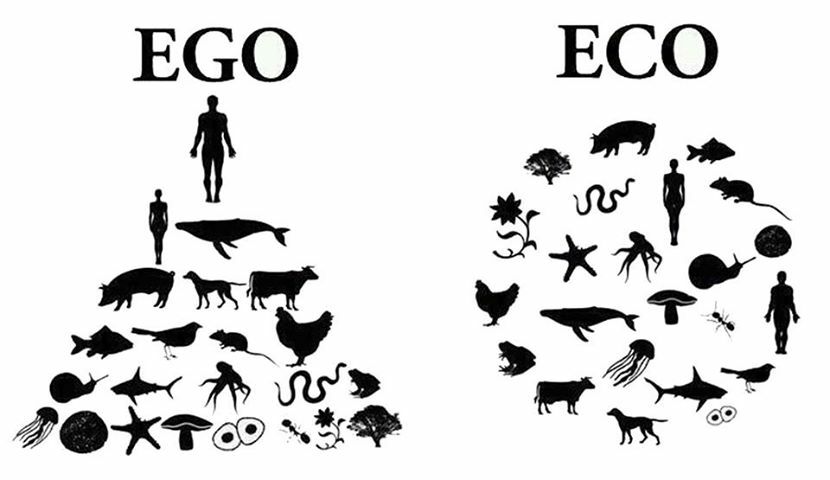Speciesism, in applied ethics and the philosophy of animal rights, the practice of treating members of one species as morally more important than members of other species; also, the belief that this practice is justified.

The notion has been variously formulated in terms of the interests, rights, and personhood of humans and animals and in terms of the supposed moral relevance of species membership. The term speciesism was introduced by the English philosopher Richard Ryder in the 1970s and subsequently popularized by the Australian philosopher Peter Singer. Ryder, Singer, and other opponents of speciesism have claimed that it is exactly analogous to racism, sexism, and other forms of irrational discrimination and prejudice.
An influential argument against speciesism, advanced by Singer, rests on what he calls the principle of equal consideration of interests (PEC). This is the claim that one should give equal weight in one’s moral decision making to the like interests of all those affected by one’s actions. According to Singer, the PEC expresses what most people now understand (or would understand, upon reflection) by the idea of human equality. It implies, among other things, that one should not favour the interests of whites or males over the like interests of blacks or females (and vice versa). Race and sex, in other words, are morally irrelevant characteristics when it comes to evaluating the like interests of different persons.
According to Singer, anyone who accepts the PEC must agree that it applies to animals as well as to humans. Animals as well as humans have interests—though of course not all human and animal interests are the same. The interests that a being has depend on the experiences of which it is capable. Because both animals and humans are capable of feeling pain, for example, both have an interest in avoiding it. Indeed, Singer holds that the capacity to feel pain is the condition of having any interests at all. If the PEC applied only to humans, then membership in Homo sapiens would count as a morally relevant characteristic on the basis of which one could favour the interests of humans over the like interests of animals. But there is no good reason to suppose that species is any more relevant in this regard than race or sex. Why should the interest in avoiding pain (i.e., a certain kind or amount of pain) count for more when it belongs to a human than it does when it belongs to an animal? The PEC therefore applies to animals, from which it follows that speciesism, like racism and sexism, is immoral.
Image from https://www.facebook.com/NoToSpeciesism